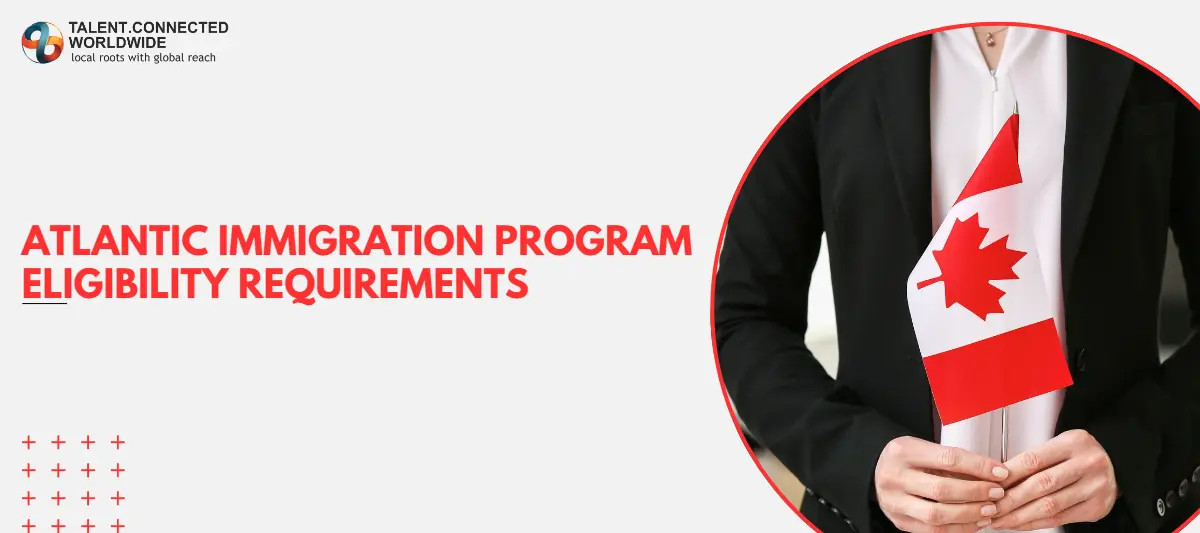
The Atlantic Immigration Program eligibility requirements are:
- Meet language criteria
- Meet educational requirements
- Demonstrate proof of funds
- Meet work experience requirements (international graduates are exempt if they meet other requirements)
Download Free Immigration and PR Guide PDF
1. Meet Language Criteria
The language eligibility requirement for Atlantic Immigration Program (AIP) are:
- If your job offer is in NOC TEER 0, 1, 2 or 3 – CLB 5
- If your job offer is in NOC TEER 4 – CLB 4
2. Meet Educational Requirements
The applicants are required to meet the following educational requirements based on their job offer:
- Job offer is in NOC TEER 0 or 1 – have a 1-year post-secondary degree/diploma obtained in Canada or outside
- Job offer is in NOC TEER 2, 3 or 4 – have completed high-school in Canada or outside
3. Demonstrate Proof of Funds
Meet the proof of funds requirements for the Atlantic Immigration Program to qualify for the immigration program. Those with a work permit who have already been living and working in any part of Canada are exempt from this requirement.
4. Meet Work Experience Requirements
The applicant is required to have worked for at least 1,560 hours in the previous 5 years. If you are an international graduate who studied at a Designated Learning Institution (DLI), you are exempt from this requirement.
Other applicants can count their hours this way:
- Worked in full-time and part-time jobs
- Working hours accumulated in under a year
- Hours spent working in or outside Canada (must be authorized to work legally)
- Work hours spent while studying in Canada
- don’t count volunteer or unpaid work/internships or when you were self-employed
For the international graduates who studied at a DLI:
- spent at least 2 years to study and gain a degree/diploma/certificate/apprenticeship certificate
- degree or diploma must be obtained from a recognized post-secondary institution in any one of these provinces- New Brunswick, Nova Scotia, Newfoundland and Labrador, Prince Edward Island
- You were a full-time student
- Out of 2 years before graduation, you lived in any one of the Atlantic provinces for a minimum of 16 months
- You had a visa or permit while you were in Canada to- work, study or get trained
Apart from meeting the eligibility criteria, you must also have the required documents.
Documents Required for Atlantic Immigration Program
Applicants must prepare the following documents to be eligible for Atlantic Immigration Program:
- Job offer letter
- Language test result (must be less than 2 years old)
- ECA (if your education was gained outside of Canada)
- Proof of funds
- Other documents
Don’t forget to fill out the form below for some insights and advice from our experts!






